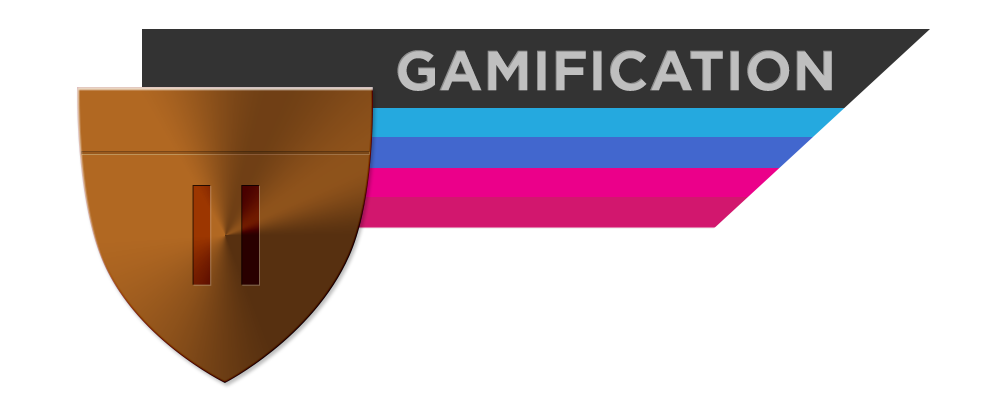|
In 2004, Mark Herring in an American Libraries Online post argued that "given the condition of reading test scores among school children nationwide, it isn't surprising to find both our nation and our culture in trouble." He felt that the only reason students were continuing to visit the library was to get Harry Potter books; and he worried that once all schools had internet access that libraries would be obsolete. I can say that I am glad that Mark Herring was concerned about libraries and our culture, but I don't believe Mr. Herring had the full picture. You see, culture--that complex combination of our collective knowledge, beliefs, art, morals, customs, habits, and traditions--is in no way measured by reading test scores. In fact, I am not really sure that reading test scores measure anything other than our students' abilities to take that particular test on that particular day. Our students are proving every day that they are adding to our collective knowledge, developing beliefs, art, morals, and habits, breaking down customs and traditions and are creating the new paradigm that will be culture in their futures. There is no way that test scores are going to measure that. I am now a part of the Intertopia, the society dependent on the Internet and I would like to say that while the Internet is providing replacements for some aspects of the library, it--the inanimate corpusal of 1's and 0's--has not found a way to replace what is the essential element of libraries in schools--the certified library media specialist. I am now a part of the Intertopia...Here are 10 reasons why our schools need the only tech savvy, transliterate, information navigator in your school, that is the library media specialist. 1. (10 years ago...Not Everything is on the Internet.) Now...Everything that matters is on the internet. With the Internet, we are able to travel anywhere in the world. Libraries and repositories of knowledge and art understand that for their collections to be relevant, they must provide information where patrons are accessing it. Patrons are not going to the building; they are going to the Internet. Digitization projects abound in every institution around the world that would like to claim to be a relevant source of knowledge for our culture. With so much information provided on the Internet, we still have the basic problem...How do I find it? Who will help us navigate? 2. (10 years ago...The Needle (Your Search) in the Haystack (the Web) Now... Do you know the haystack that your needle is in? When the Internet began, it was a vast dumping ground for every uncataloged or uncategorized bit of information that any user could think to contribute. Libraries now provide databases to guide searching. Search Engine Optimization is one of the hottest topics to date in web development. In short, who is helping you find your needle? 3. (10 years ago... Quality Control does not exist.) Now...Control is an illusion. Quality of information depends on the needs of the user. There are times when a user may need to find quality, reliable information from a trusted source. Other times, we would like to read a blog about another person's experience, which may not be the opinion of an expert. We may want to create our own website about underwater basket weaving for which we know nothing about for entertainment. Every user has an information type they are seeking, but not every type of information is for every user. (Thank you, Rangathan. Your law still applies.) Who will help us find the level of quality to match the level of need? What you don't know is not reliable in your experience.
0 Comments
|
Vandy
|
Copyright 2021 Vandy Pacetti-Donelson



 RSS Feed
RSS Feed